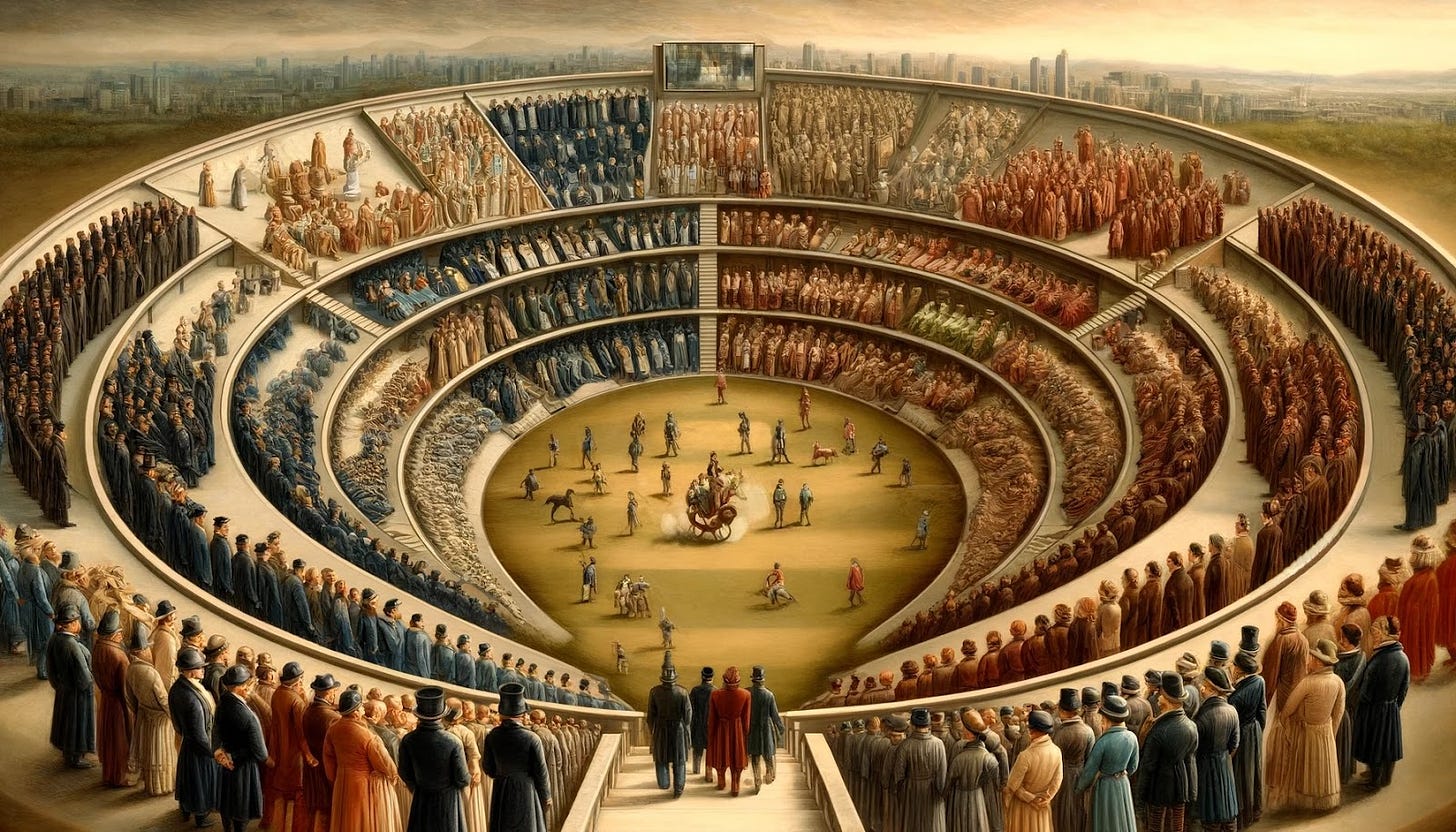In Defense of the Caste System
Whenever possible, people should be judged based on their work and results, not superficial qualities.
-Eric Ries
The Indian caste system was initially based on people’s occupation, similar to how the surnames of Europeans were their occupation, e.g., Smith, Mason, Baker, Cook, Turner, Taylor (tailor), Fletcher (makes arrows), Cooper (makes barrels), Clark (clerk), Chandler (makes candles). Through nature and nurture, people with lower-status surnames lacked the skills to be part of the aristocracy.
Of course, this is messed up. Our status in life shouldn’t be based on birthright. The Enlightenment was revolutionary because it changed this. The West evolved to emphasize the individual's merit and treat everyone equally under the law.
We now know that intelligence and competence are heritable but imperfect, and we have better systems for treating people like individuals. We should be kind and generous and value everyone as individuals. However, there are roles we must play.
Healthy Distance
If you work at a company, it’s fun and often beneficial for your career to become friends with your co-workers, peers, and mentees, as well as to have mentors. If you’re managing, it’s best to be cordial but avoid becoming personal friends with the people you manage.
Employees have ulterior motives to gain favor, so there’s a barrier to being true friends. Even if they’re good people and want to be friends, and you want to be friends, it’s best to keep that distance. A manager could think they’re friends with an employee, and now the employee feels obligated to hang out with their boss outside of work. Or a boss can feel compelled to hang out with an employee. It also sucks to fire friends for both parties.
As my late mentor said, “You can be their friend or teacher. Once you give your full approval, you can no longer be their teacher.” A workplace needs this dynamic.
Be kind to those you manage but not personal friends outside of work. (The exception is if you were already friends before working together.) Many founders have learned this lesson the hard way.
Hierarchy
As much as we all wish Holacracy to work, it fails. People need management. As much as we wish socialism to work, it fails. Incentives drive humans, and hoping it away doesn’t change human nature.
Just because those in power are nice doesn’t mean they aren’t in control. At well-run companies, senior management should expect an immediate response if they message a low-level employee during work hours. When a low-level employee messages senior management, the expectation is different. Hopefully, the manager is responsive, but it’s not as big of a deal if they aren’t. This difference is integral to having a well-functioning organization.
Similarly, hierarchical structures are necessary for a functioning society.
Caste Systems
The caste system persists, but not as much by birth, and there’s churn. Among the US's top economic earners and wealth holders, a quarter of the top 1% changes yearly.
The caste system in India was messed up since it was by birth. It’s not a choice. But it’s not too far from what we have in America. We’re all living in an attempted meritocracy-based caste system. Societies all have caste systems—rulers and constituents. We should make our caste system as fair as possible.
When our caste system has flaws and corruption, it’s on us to improve it. There needs to be checks and balances. Checks on those at the top abusing power, which we see with Biden clinging to it.
We want a societal culture in which people are proud of their roles and crafts. When I lived in Korea, bus drivers would brag about being on time for a decade straight and never having been in an accident. I also like to think of Jiro in Jiro Dreams of Sushi.
Societal roles exist. Wherever we are, we should play those roles and strive to rise when we can. It’s our duty to be great at our roles.



